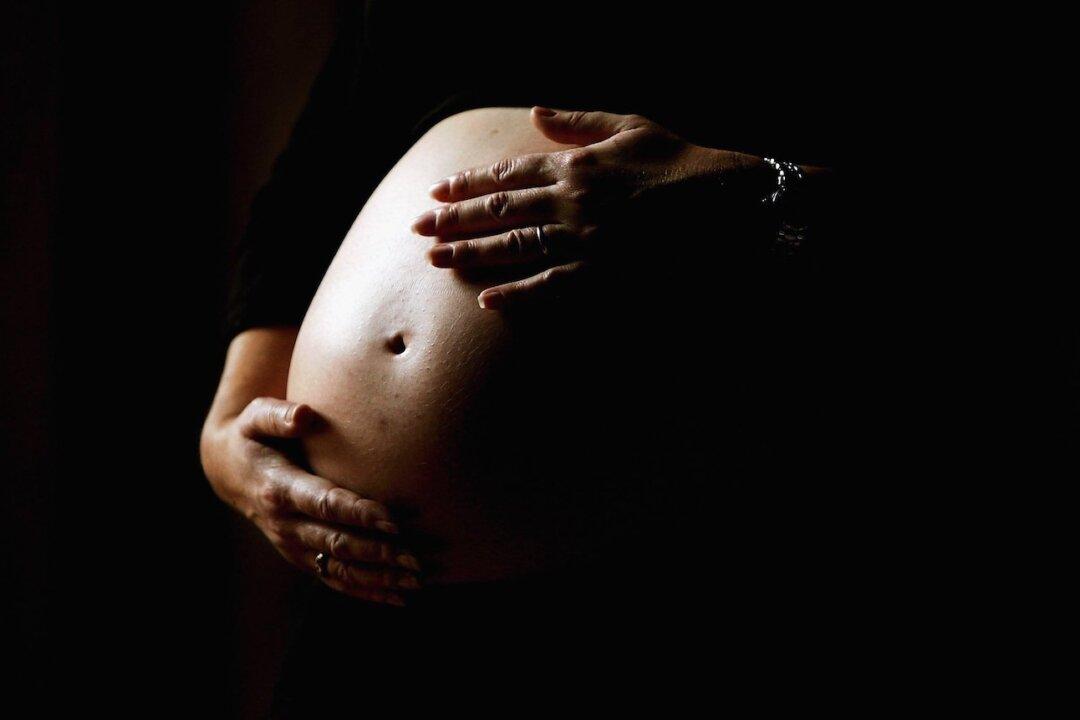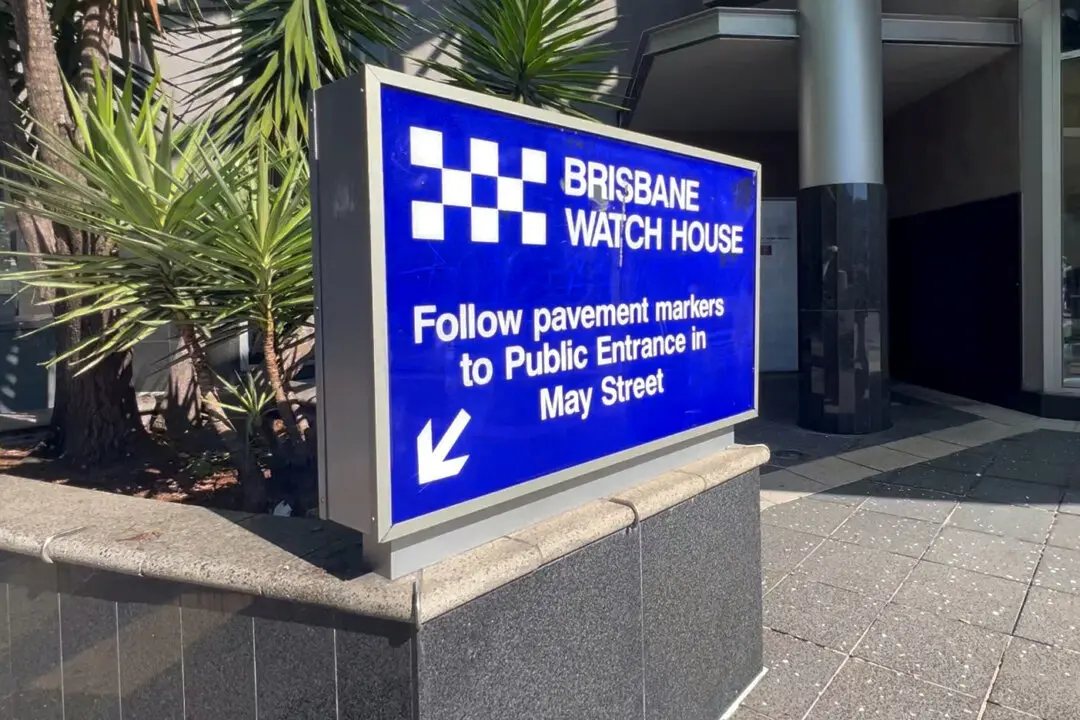A South Australian (SA) politician is determined to lessen the number of pregnancies lost to late-term abortion with a bill intended to ensure babies aborted later than 27 weeks and six days survive.
Liberal Member of the Legislative Council, Ben Hood, introduced the Termination of Pregnancy (Terminations and Live Births) Amendment Bill 2024 (Bill) to the South Australian Parliament on Sept. 25.





